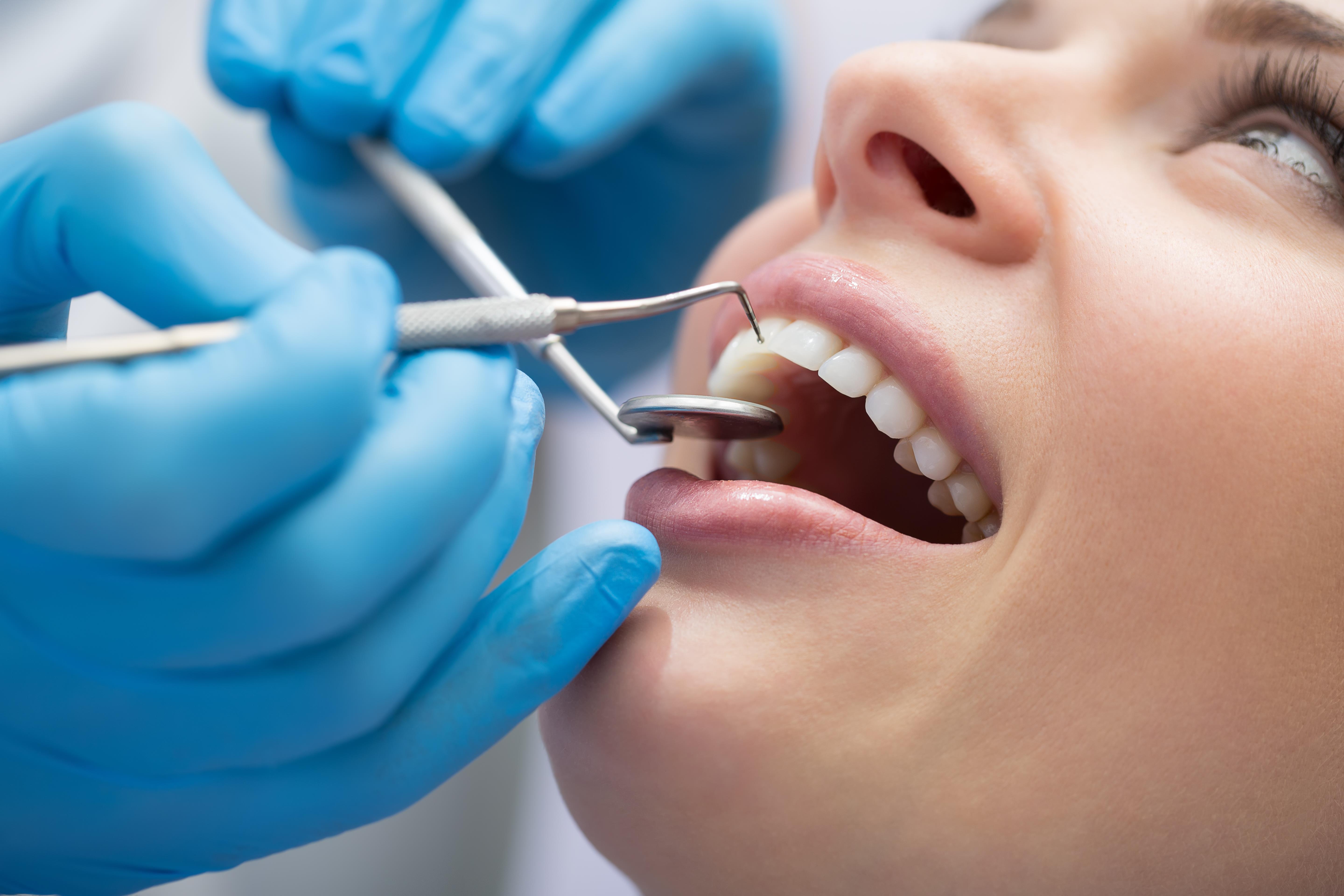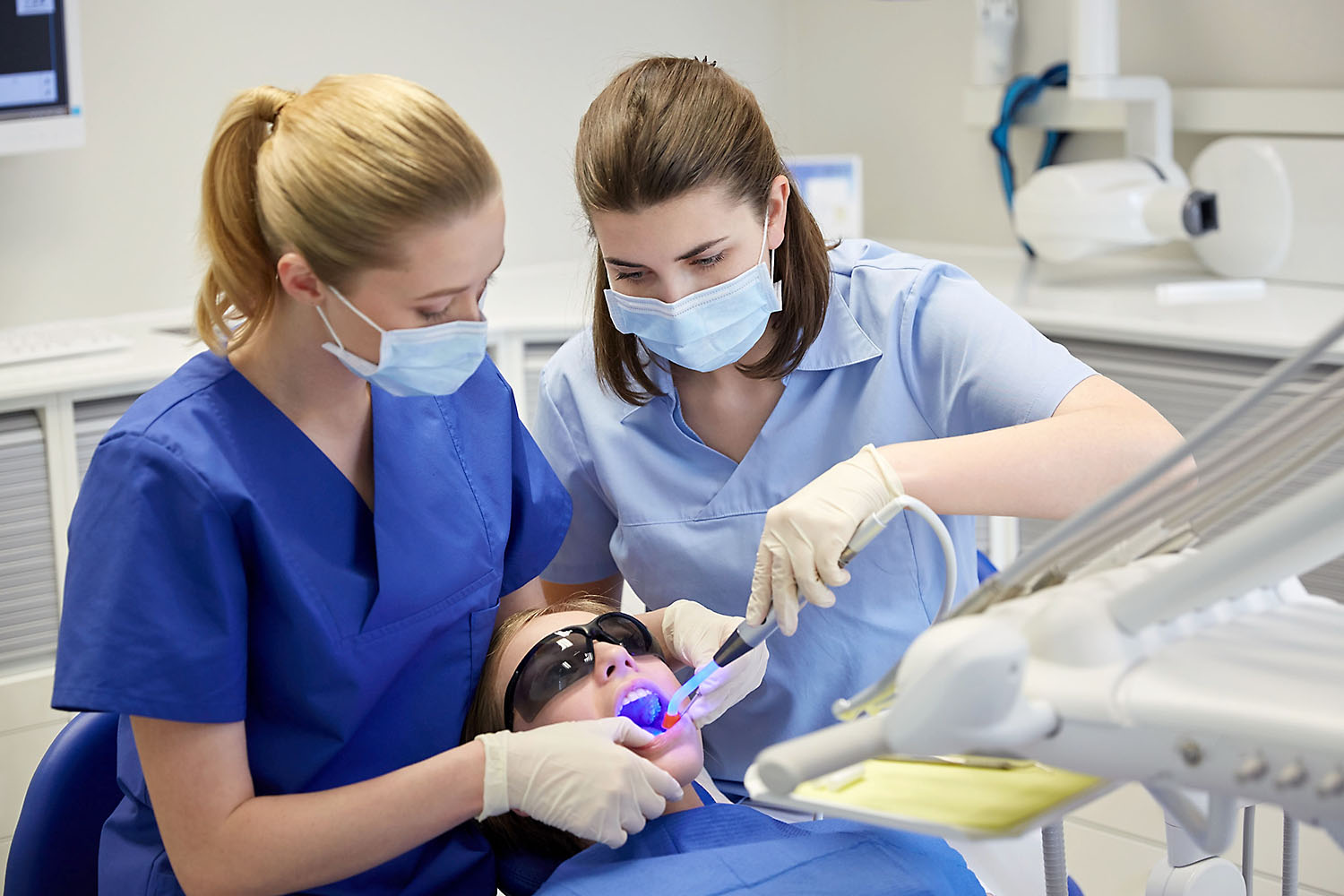Expert Tips for Selecting the Right Dentists Eugene for Your Dental Health
Expert Tips for Selecting the Right Dentists Eugene for Your Dental Health
Blog Article
A Guide to Common Dental Problems That Need a Dental practitioner's Treatment
Recognizing the variety of oral problems that necessitate specialist care is paramount for preserving ideal dental wellness. Toothaches, as an example, can be symptomatic of severe problems such as cavities, fractured teeth, or abscesses, each calling for specific treatments like dental fillings or root canals. Gum disease, from the onset of gingivitis to more severe periodontitis, highlights the relevance of regular dental check-ups and cleanings. In addition, affected wisdom teeth and jaw conditions can introduce considerable pain and difficulties. Ensuring prompt sees to the dentist can alleviate these issues effectively, but just what are the signs and treatments involved?
Toothaches
Toothaches are an usual dental condition that can vary from moderate pain to serious discomfort, frequently suggesting a hidden concern that calls for specialist focus. This discomfort can stem from a range of resources, including tooth decays, cracked or fractured teeth, and oral abscesses. Each of these conditions postures significant threats if left without treatment, possibly resulting in more serious difficulties.
Oral dental caries, likewise called caries, are triggered by the build-up of plaque that erodes tooth enamel, leading to holes or pits in the impacted teeth (dentist in eugene oregon). Split or fractured teeth, on the other hand, might result from trauma, grinding, or attacking right into hard objects. These architectural problems can expose the sensitive inner layers of the tooth, causing pain and increasing the threat of infection. Abscesses are agonizing infections at the root of a tooth or in between a tooth and the gum, commonly arising from severe decay or untreated dental caries.
Effective therapy of toothaches involves dealing with the source. This might consist of dental fillings for cavities, crowns for split teeth, or root canals and anti-biotics for abscesses. Very early treatment by a dental specialist can avoid additional wear and tear and ease pain, making sure ideal dental health.
Gum Tissue Disease
Gum disease, a common yet typically overlooked dental problem, shows up via inflammation and infection of the gums and sustaining tissues. If left without treatment, gingivitis can advance to periodontitis, a much more severe kind characterized by the devastation of the sustaining bone and connective cells, ultimately leading to tooth loss.
The main cause of periodontal illness is bacterial plaque, a sticky, anemic film that continuously forms on teeth. Poor dental health, cigarette smoking, hereditary predisposition, and certain medical problems, such as diabetic issues, can exacerbate the danger of establishing gum tissue illness. Normal dental exams are vital for early discovery and administration of this condition.
Treatment for gum tissue condition ranges from professional oral cleaning and scaling to advanced procedures like origin planing and periodontal surgical procedure, depending upon the intensity. Keeping good dental hygiene techniques, including cleaning twice daily, flossing, and using an antiseptic mouth wash, can significantly lower the threat of gum illness and promote much healthier gums.
Cavities
Dental caries, additionally called tooth decays, are a typical dental condition characterized by the devastation of tooth enamel as a result of acid-producing microorganisms in the mouth. These germs flourish on sugars and starches from food and beverages, generating acids that progressively deteriorate the enamel, bring about tooth cavity formation.
Early-stage dental caries may disappoint symptoms, however as they progress, they can create tooth pain, level of sensitivity to cold or hot, noticeable openings or pits in the teeth, and discoloration. If left without treatment, cavities can penetrate much deeper layers of the tooth, possibly leading to severe discomfort, infection, and even tooth loss.
Preventing dental caries entails a combination of great oral health practices and dietary practices. Regular cleaning with fluoride tooth paste, flossing, and routine oral examinations are critical. Dental experts might likewise recommend extra safety nets, such as fluoride therapies and oral sealers, to shield teeth from degeneration.
Treatment for cavities depends on their extent. Minor cavities can be addressed with oral fillings, which restore the tooth's structure. If the degeneration has actually gotten to the tooth's pulp, extra advanced instances may require crowns or even root canal treatment. Timely treatment by a dental professional is vital to prevent difficulties and preserve total dental wellness.

Impacted Knowledge Teeth
Affected wisdom teeth are a widespread dental concern that happens when the third molars, generally described as knowledge teeth, stop working to totally emerge or straighten effectively within the mouth. This condition commonly results from not enough room in the jaw or an uncommon growth angle of the teeth. Affected wisdom teeth can cause a variety of problems, including infection, damage, and discomfort to surrounding teeth.
When knowledge teeth come to be impacted, they are frequently partly erupted or stay completely beneath the gum line. This partial eruption can create a pathway for bacteria to go into the gum tissues, leading to infections that show up as swelling, pain, and even fever. Furthermore, affected knowledge teeth can put in pressure on neighboring teeth, possibly creating crowding or changing.
A detailed dental evaluation, typically involving X-rays, is important for diagnosing affected wisdom teeth. Normal dental exams are advisable to keep an eye on the problem and keep oral health and wellness.
Jaw Conditions
Jaw conditions, jointly referred to click this site as temporomandibular joint (TMJ) disorders, anchor incorporate a variety of conditions that affect the jaw joint and bordering muscular tissues. These conditions can materialize through symptoms such as pain or inflammation in the jaw, trouble eating, a popping or clicking noise when opening up or shutting the mouth, and even persistent headaches. TMJ disorders can occur from numerous factors, including joint inflammation, jaw injury, or regular actions like teeth grinding or jaw clenching.
Medical diagnosis of TMJ disorders typically includes an extensive analysis by a dentist, including a physical evaluation of the jaw, oral X-rays, and sometimes progressed imaging techniques like MRI or CT scans to assess the joint's problem. Non-invasive strategies such as physical therapy, oral splints, and medications intended at lowering inflammation and pain are commonly first-line treatments.
Early intervention by an oral specialist is critical to stop the progression of TMJ problems and to keep general dental health and wellness. Clients experiencing relentless jaw discomfort or dysfunction need to seek prompt assessment and therapy.
Conclusion
Toothaches frequently indicate underlying problems such as dental caries, fractured teeth, or abscesses, calling for timely intervention. Impacted knowledge teeth and jaw conditions also call for specialist focus to ease discomfort and prevent further difficulties.
Dental dental caries, additionally understood as decays, are caused by the build-up of plaque that erodes tooth enamel, leading to holes web or pits in the influenced teeth. Abscesses are painful infections at the origin of a tooth or in between a tooth and the gum, typically resulting from serious decay or without treatment tooth cavities.

Additionally, affected knowledge teeth can exert pressure on bordering teeth, potentially creating crowding or changing.
Report this page